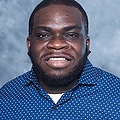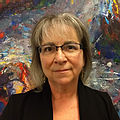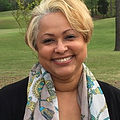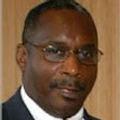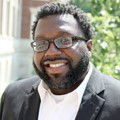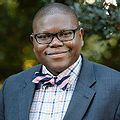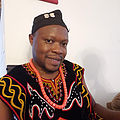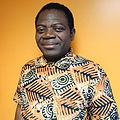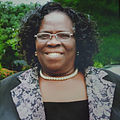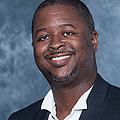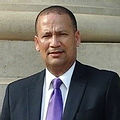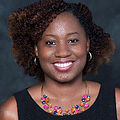Gwenda R. Greene, Ph.D.
Associate Professor of English Education, Benedict College
Gwenda R. Greene is a tenured Associate Professor of English at Benedict College,
Columbia, South Carolina, USA. She has devoted more than 30 years to academia serving
in various roles that include educator, administrator, research associate, and grant
writer. Her expertise is in curriculum and program development that embeds foundational
infrastructures in education, policy, and collaboration.
Greene earned the Bachelor of Arts in Theatre and Speech from Columbia College and
Master of Arts in Teaching English from the University of South Carolina, both institutions
located in Columbia, South Carolina. Additionally, she obtained the Doctorate degree
in Educational Leadership and Policy from Union Institute and University in Cincinnati,
Ohio. Furthermore, she has completed advanced studies at Clemson University and New
York University. She also holds the South Carolina Highly Qualified teaching certification
in secondary English, having taught in Richland School District II and the South Carolina
Department of Correction’s GED Program. At Benedict College, Greene is the founding
Director of the Service-Learning Program, which has state, national, and international
acclaim. Established in 1995, service-learning continues as a curriculum requirement
where students earn 120 hours of academic-based service for graduation. In additional
to several publications of service-learning as a teaching/research methodology and
other scholarly journal articles, Greene’s international scholarly activities include
presentations at Saint Monica University, Buea, Cameroon, Central West Africa; scholarly
research with the Association of Caribbean Studies in Georgetown, Guyana and Cairo,
Luxor, and Aswan-Egypt; and teaching English in Ruiru, Kenya, East Africa.



